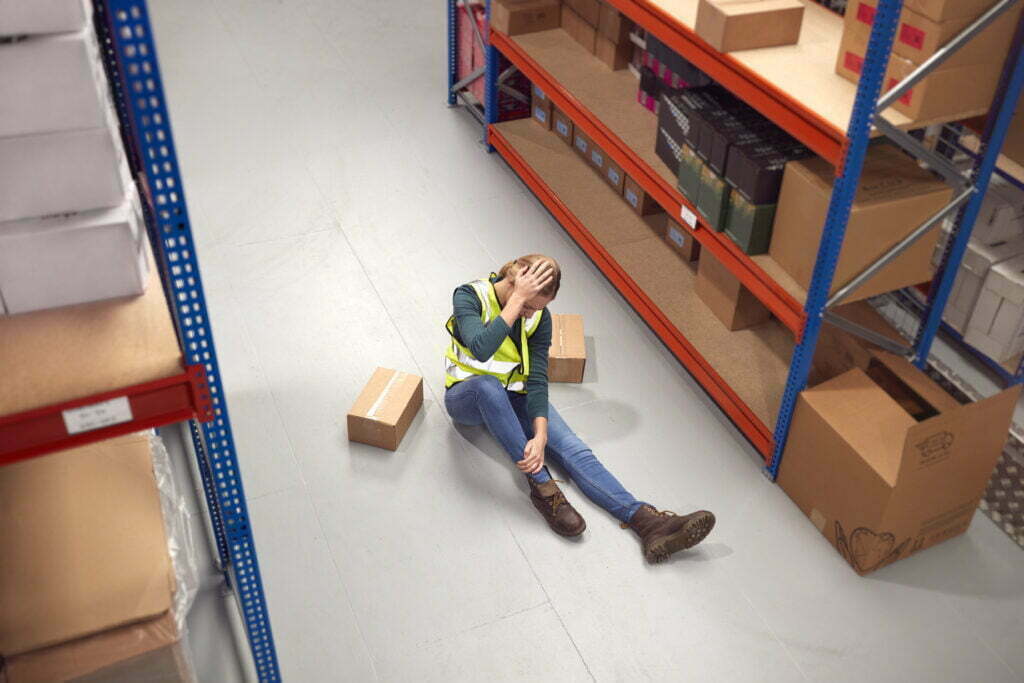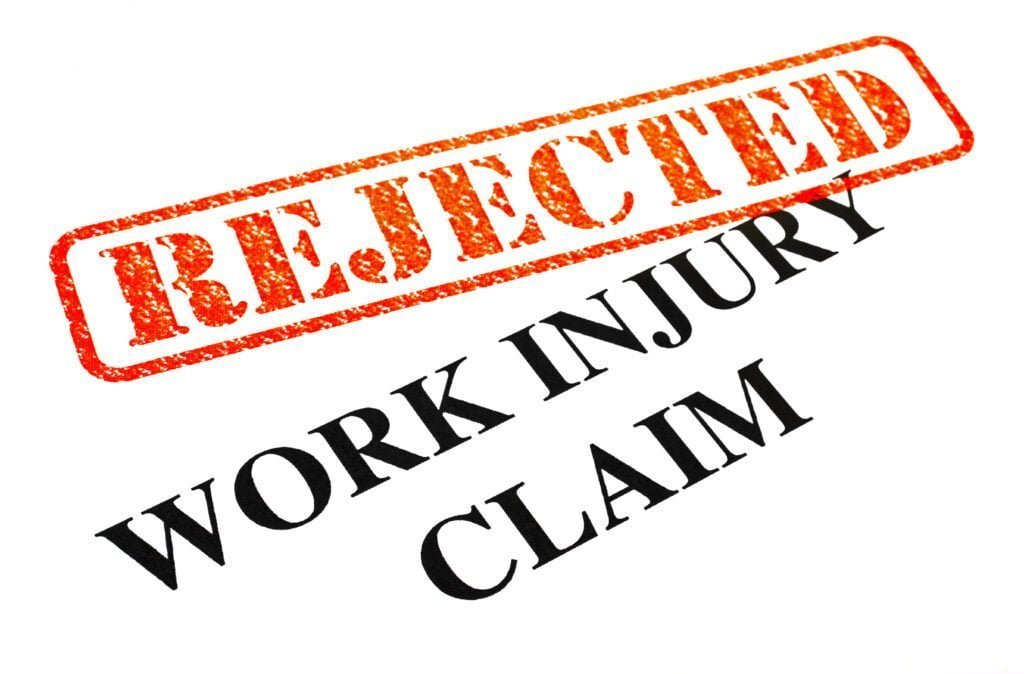
Accidents happen, and sometimes they’re our own fault. But what happens when you get hurt at work due to your own mistake? Can you still get workers’ comp if you were at fault for your injury? Many clients ask for my guidance to determine whether or not they qualify for workers’ compensation benefits if it was their own fault that they were injured on the job. However, the answer is not always straightforward, and it’s important to understand your rights and options in this situation.
In this article, we’ll explore the nuances of workers’ compensation laws when it comes to accidents that are the worker’s fault. We’ll also discuss what steps you can take to maximize your chances of receiving the benefits you’re entitled to.

When Is It the Fault of the Injured?
When it comes to workplace injuries, fault can sometimes be a tricky issue. In some cases, it may seem obvious that the employee was at fault, while in others, it may be less clear. So, when is it the fault of the injured?
In some cases, an employee may be at fault for their own workplace injury. For example, if they were not following safety protocols or were engaging in risky behavior, they may have contributed to the accident. They may also be found at fault if their actions created an unsafe situation. Additionally, an employee is at fault when they are under the influence of drugs or alcohol while on the job.
Can You Still Get Workers’ Comp If You Were at Fault?

The answer is Yes! But it is a common misunderstanding to think the opposite. North Carolina is a “no-fault” system, meaning it does not matter if it was your fault that you got hurt at work you are still eligible for workers’ comp benefits.
There are, however, a couple exceptions of which you should be aware:
- You are not entitled to compensation if the injury was caused by your intoxication or illegal drug use (note: this exception does not apply if the employer provides the alcohol). The burden is on the employer to show that the employee was considerably impaired and that the impairment is what actually caused the injury.
- You are not entitled to compensation if your injury was the result of your intentional act to injure or kill yourself or someone else.
What if the reason for your injury was that you were not following safety rules? Good news. Even in that instance, you are still due workers’ comp. But keep this in mind: Even though an employee’s failure to follow safety rules does not keep them from getting workers’ comp benefits, it may allow the insurance company to reduce the benefits they receive by 10% due to the employee’s willful failure to comply with safety rules.
What Happens If Your Claim Is Denied?

If your claim for workers’ compensation is denied because the injury was your fault, you may still have options. In some cases, you may be able to appeal the decision or negotiate a settlement with your employer or their insurance company.
It’s important to understand that workers’ compensation laws vary by state, so the specific rules and procedures for appealing a denial will depend on where you live. However, in general, you’ll need to provide evidence that your injury was caused by a work-related accident or exposure, even if you were partially at fault.
Another option is to negotiate a settlement with your employer or their insurance company. This can be a complex process, and it’s important to work with an experienced workers’ compensation attorney who can help you navigate the legal system and protect your rights.
Ultimately, the best way to protect yourself is to take steps to prevent workplace injuries in the first place. This may include following safety protocols, using personal protective equipment, and reporting any hazards or unsafe conditions to your employer. By taking these proactive steps, you can reduce your risk of injury and ensure that you’re eligible for workers’ compensation if an accident does occur.









